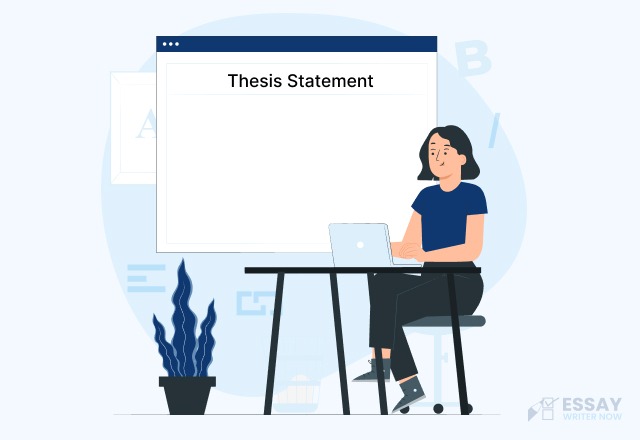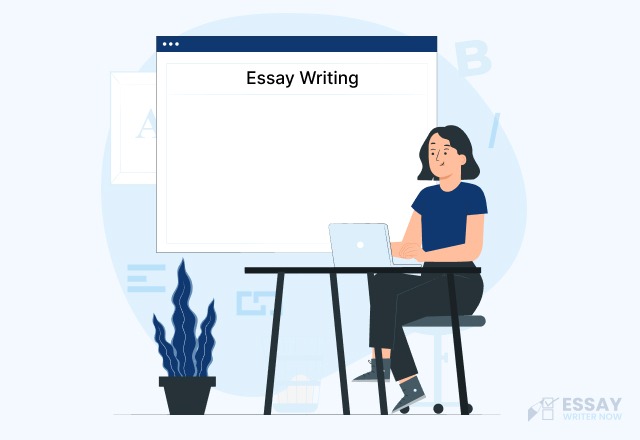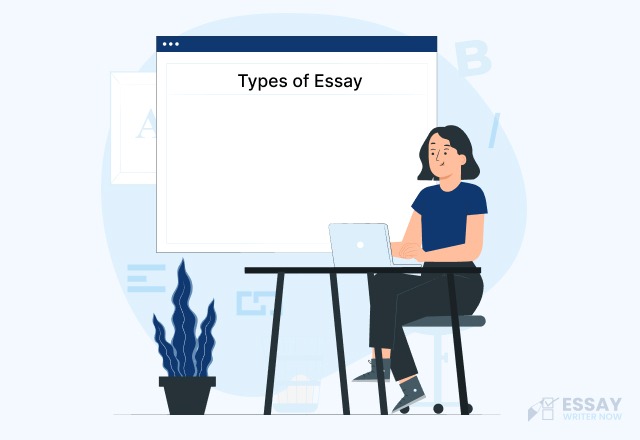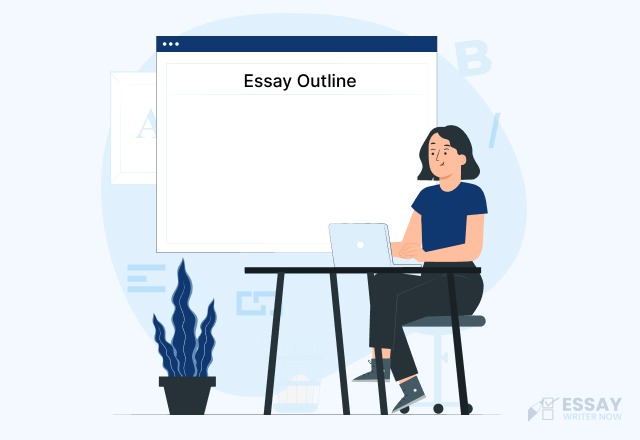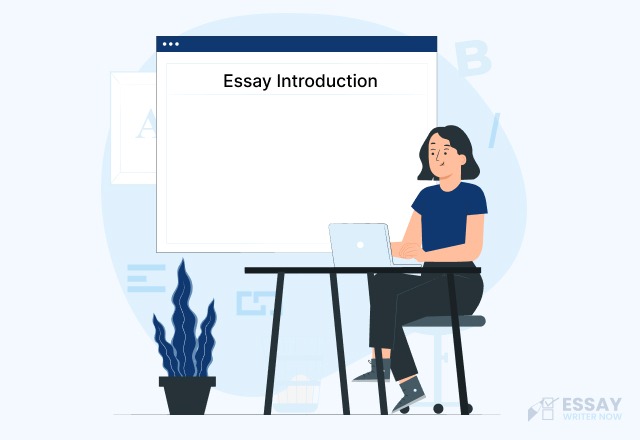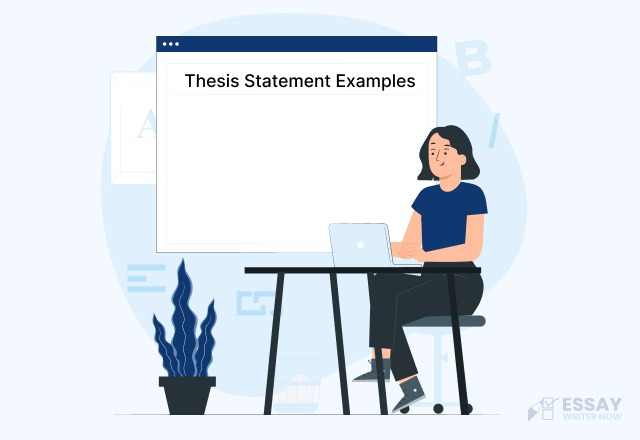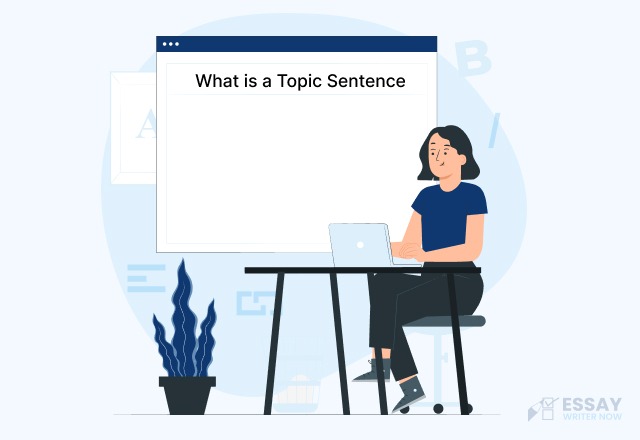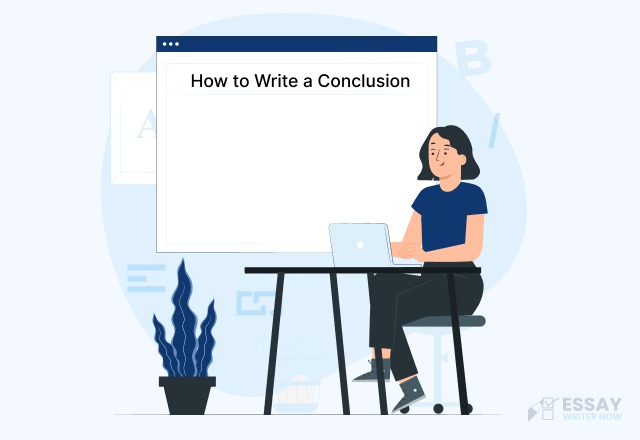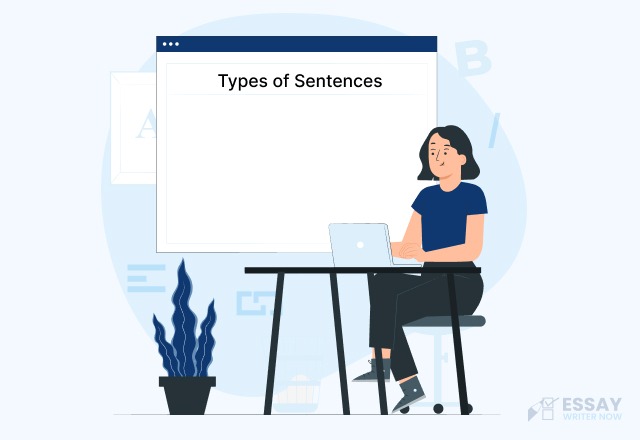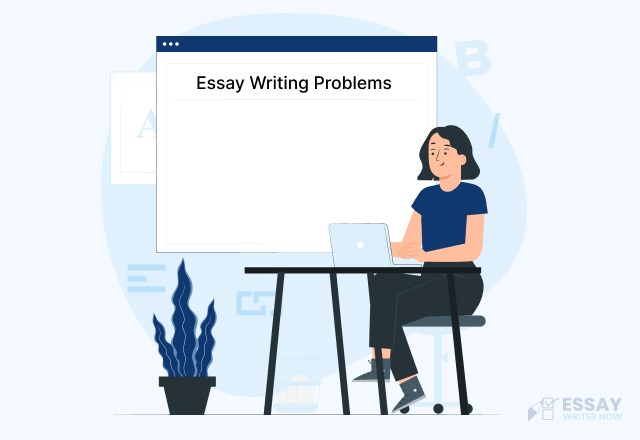What is a Thesis Statement?
A thesis statement is a 1-2 sentence description that identifies what you're going to talk about in your paper. It's not just an introduction, and it should close every paragraph and give clarity on where we are as readers of this work!
A statement of fact should be clear, concise, and identify the topic that will be discussed in your paper. It specifically discusses what you are saying so it can help readers follow along with ease while reading through an essay or research paper without getting lost on their journey to completion!
The use of an argumentative thesis statement in your paper will help you to communicate the point of view that has been discussed. It narrows down what topic should be focused on, as well as capturing attention for longer periods without tiring readers or listeners with constant repetition.
How Long is a Thesis Statement?
A strong thesis statement is one that can be easily remembered. The preferred length for this type of sentence varies, but they should not exceed 2 sentences or 40 words in total so as to avoid confusion. Try paraphrasing so that you can write exactly what you are trying to convey with your working thesis.
Where does the Thesis Statement Go?
Every good essay starts with a captivating essay introduction. The thesis statement is usually stated at the end, just before the body of the paper (paragraph). It throws light on who you are as an author or thinker by summarizing what kind of argumentative material will follow in this essay.
Types of Thesis Statements
Understanding the different types of thesis statements is essential for tailoring your argument to the specific needs of your paper. Each type of thesis statement serves a different purpose and helps to structure your writing effectively. Here are the main types of thesis statements, along with examples to illustrate each one:
Analytical Thesis Statement
An analytical thesis statement breaks down an issue or idea into its component parts, evaluates the issue or idea, and presents this breakdown and evaluation to the audience.
Example:
| "An analysis of the themes, motifs, and symbols in F. Scott Fitzgerald's 'The Great Gatsby' reveals how the novel critiques the American Dream by portraying the emptiness and moral decay of the 1920s." |
Expository (Explanatory) Thesis Statement
An expository thesis statement explains something to the audience. This type of thesis is used in essays that aim to inform the reader.
Example:
| "The process of photosynthesis involves three main stages: light absorption, the conversion of light energy to chemical energy, and the synthesis of glucose from carbon dioxide and water." |
Argumentative Thesis Statement
An argumentative thesis statement makes a claim about a topic and justifies this claim with specific evidence. This type of thesis is common in essays where you are expected to take a stance on a particular issue.
Example:
| "Implementing a universal basic income would reduce poverty, promote social equality, and stimulate economic growth, making it a necessary policy for the 21st century." |
Comparative Thesis Statement
A comparative thesis statement evaluates the similarities and/or differences between two or more items, concepts, or ideas.
Example:
| "While both '1984' by George Orwell and 'Brave New World' by Aldous Huxley depict dystopian futures, '1984' emphasizes the dangers of totalitarianism, whereas 'Brave New World' critiques the over-reliance on technology and consumerism." |
H3- Cause and Effect Thesis Statement
A cause and effect thesis statement explores the reasons for a particular event or phenomenon and its subsequent outcomes.
Example:
| "The rise in global temperatures over the past century has led to increased melting of polar ice caps, resulting in higher sea levels and more frequent and severe coastal flooding." |
H3- Problem-Solution Thesis Statement
A problem-solution thesis statement identifies a problem and proposes one or more solutions to address it.
Example:
| "To combat the rise in childhood obesity, schools should implement mandatory physical education programs, provide healthier lunch options, and educate students on the importance of a balanced diet and regular exercise." |
Thesis Statement Versus Topic Sentence
In academic writing, the thesis statement and topic sentences are fundamental components that contribute to the structure and coherence of an essay. Let’s compare them in detail.
Thesis Statement
A thesis statement summarizes the main argument or claim of an essay, typically located at the end of the introduction. It sets the direction for the entire paper, guiding the writer's focus and informing the reader about the central point.
A strong thesis statement is specific, arguable, and succinct, providing a roadmap for the paper's content and analysis.
For example:
| "Implementing renewable energy sources in urban areas will significantly reduce carbon emissions and improve air quality." |
Topic Sentence
A topic sentence introduces the main idea of a paragraph within the body of the essay. Positioned at the beginning of each paragraph, it serves as a mini-thesis that supports the larger thesis statement of the paper.
The topic sentence should be clear, concise, and directly related to the thesis statement, guiding the reader through the paragraph's content and connecting it back to the overarching argument.
For instance:
| "One significant benefit of renewable energy is its potential to reduce greenhouse gas emissions, which are a major contributor to climate change." |
Key Differences
| Thesis Statement | Topic Sentence | |
| Scope | Covers the entire paper's argument and purpose. | Focuses on the main idea of an individual paragraph. |
| Position | Typically found at the end of the introduction. | Located at the beginning of each body paragraph. |
| Purpose | Establishes the main argument and structure of the essay. | Introduces and supports the main idea of each paragraph, connecting it back to the thesis statement. |
Relationship
The thesis statement and topic sentences work together to provide structure and coherence in academic writing. The thesis statement sets the overarching argument, while each topic sentence supports and expands on specific aspects of that argument within individual paragraphs. This relationship ensures that the essay remains focused and cohesive, guiding the reader through a clear and logical progression of ideas.
How to Write a Thesis Statement?
When writing a final thesis statement, it's important to keep in mind that it is the most important part of your entire paper. Your statement should reflect what you want and expect from this research project while also being creative enough for an interesting read!
Following are the steps to write the best one:
Come Up with a Research Question
The first step to a successful research paper is figuring out what you want the answer to be. You can figure this question from any assignment prompt or write it yourself, then turn in your essay with our prompts as guidelines for finding interesting sources of information!
Find its Answer
Research and formulate a convincing answer to your research question.
At this stage, it should guide the process of writing a paper or doing more reading so you can come up with an engaging output. That will be both interesting for readers as well as enlightening on its own subject matter, not just rehashing information everyone knows already.
Support your Answer
The more evidence you gather, the less certain it is that your answer will remain constant. Refine and revise as needed to make sure everything follows a cohesive theme throughout all parts of your paper. Thesis statements are important for maintaining coherence within each section!
It is also an important part to revise your thesis statement, which you have written to persuade the reader.
If you’re still struggling in writing an effective thesis statement for your essay, try using AI powered essay writing tools.
What Makes a Good Thesis Statement?
You want to be able to write a catchy thesis statement that will keep readers interested in what you have written. Here are points that make it good:
- Be Specific
A weak thesis makes people confused. When you have a strong thesis, try to choose one main idea. Then get more details and explanations, so the reader understands.
- Make it Clear
If you want to write a good thesis statement, be clear. Do not use fancy words when you could say the same thing in simple language. Don't use technical words when writing for a general audience unless your topic is technical.
- Address an Issue
A good statement tells the reader about your position on the topic. So, you should look at the topic and then write about it. You should give details and support them with evidence.
- Be Authentic
Don't be generic. It is boring to go over the same ideas that have been talked about a million times. Try to say something original and interesting.
Thesis Statement Examples
Following are some of the thesis statement examples for essays and research papers:
| "It is important for teachers to tell students of high school the difference between illegitimate and authentic news as digital literacy is growing, which is spreading misleading and deceiving information." |
| "Companies and corporations should lay extra emphasis on the rights and comfort of their employees to make the best out of them and make it easier for them to maintain a balance in their work and social life." |
| "Mercy killing should be legal as it is good to take people out of undue pain and struggle towards life when they know they will not survive." |
| "Fashion magazines are evolving and bringing forward diverse groups, but it has yet to break the stereotype of thin bodies as healthy images." |
In conclusion, mastering the art of crafting a thesis statement is essential for academic writing across all levels of education. A well-defined thesis not only sets the tone for your essay but also serves as a roadmap for your research and argumentation.
By following the guidelines outlined in this blog—understanding the purpose of a thesis statement, ensuring clarity and specificity, and providing direction for the essay—writers can effectively convey their ideas to their audience.
However, if you need help in writing a thesis statement, or your entire blog, then consider getting in touch with an expert essay writing service.

